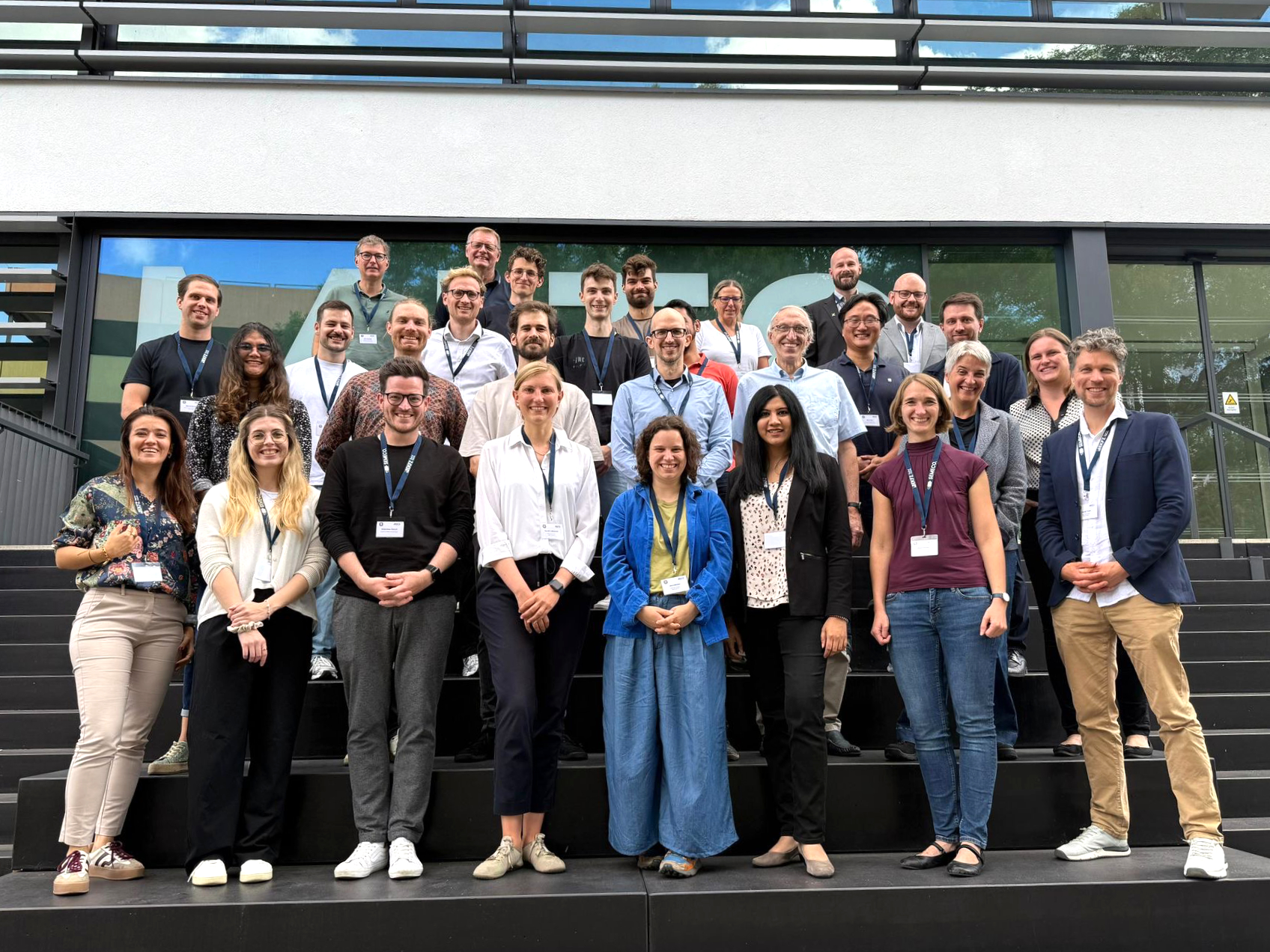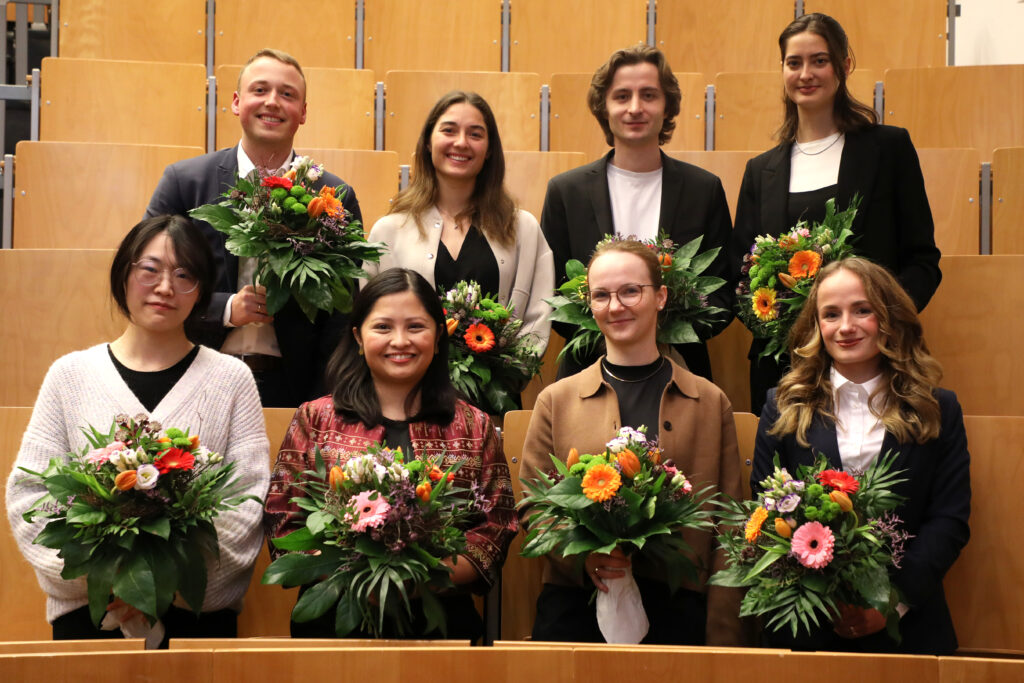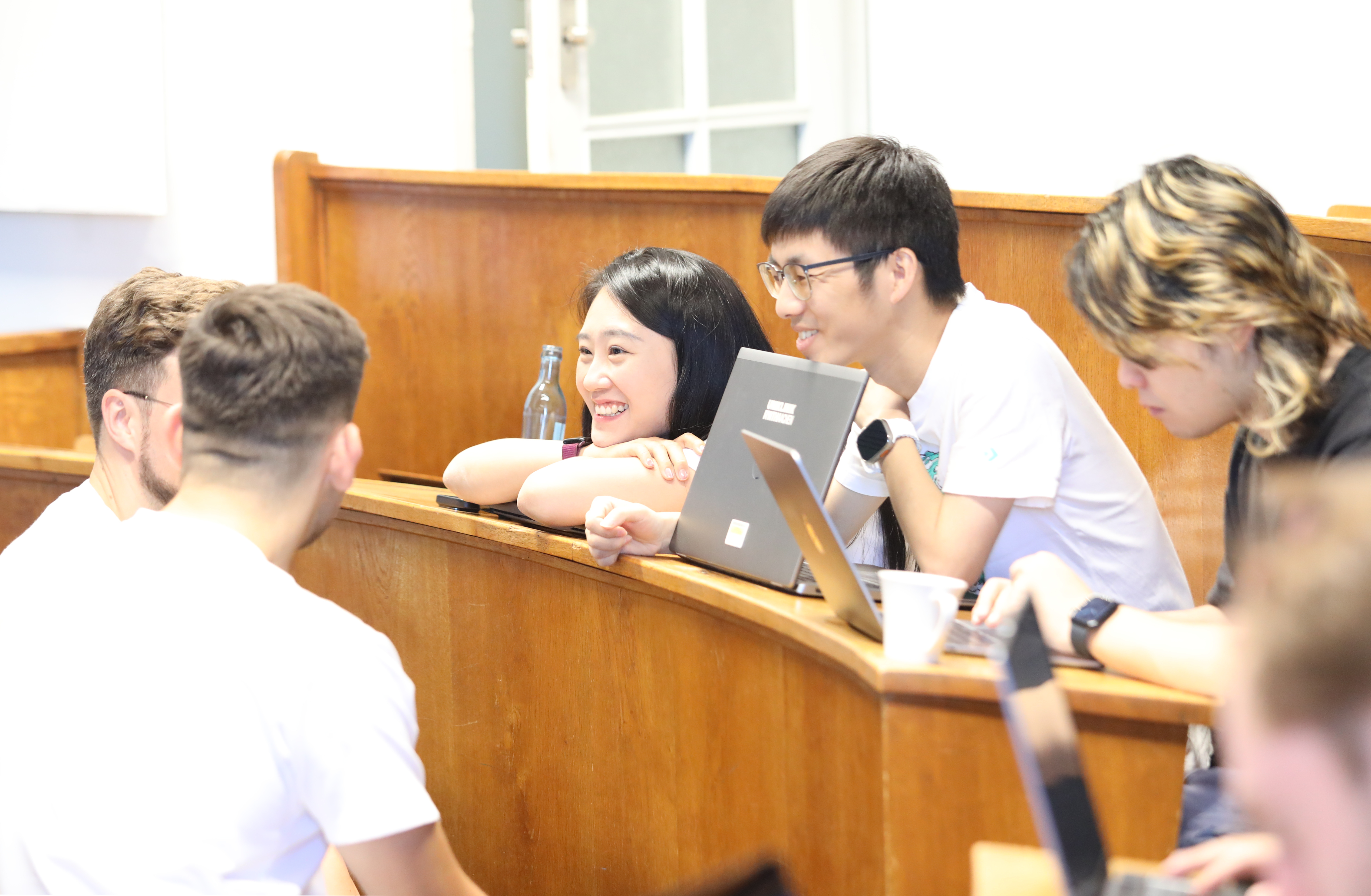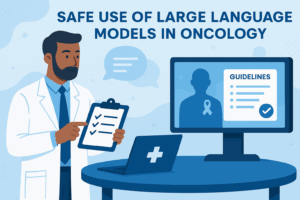DECIPHER-M
Despite enormous advances in oncology, metastasis remains one of the greatest challenges in cancer treatment. Researchers in the DECIPHER-M (Deciphering Metastasis with Multimodal Artificial Intelligence Foundation Models) project are using an AI model that combines various medical data sources, such as tissue samples, X-rays, MRIs, and genetic information, to decipher it. These multimodal foundation models have the ability to link different types of data and recognize patterns. The insights gained from this model help assess the risk of metastasis early on and derive targeted therapeutic measures. This allows for more precise diagnoses, the initiation of preventive measures, and the optimization of treatment options for cancer patients.
During the kick-off meeting held in Dresden on September 8 and 9, 2025, the project partners outlined the plan for the upcoming months. They presented and discussed the planned steps of the nine work packages together.
Prof. Jakob N. Kather, Professor of Clinical Artificial Intelligence at the Else Kröner Fresenius Center for Digital Health at TU Dresden, said:
It’s great to experience the dynamic that arises when people work together on innovative solutions. The project partners are leading experts in medicine, computer science, and biotechnology who want to collaborate to understand the complexity of cancer metastasis and improve treatment options for patients. This interdisciplinary collaboration is key to success in research and patient care. In the long term, DECIPHER-M could help reduce cancer mortality rates and improve quality of life for those affected.

DECIPHER-M project consortium
More News
Carl Gustav Carus Awards for three EKFZ affiliated young researchers
Virtual companions, real responsibility






